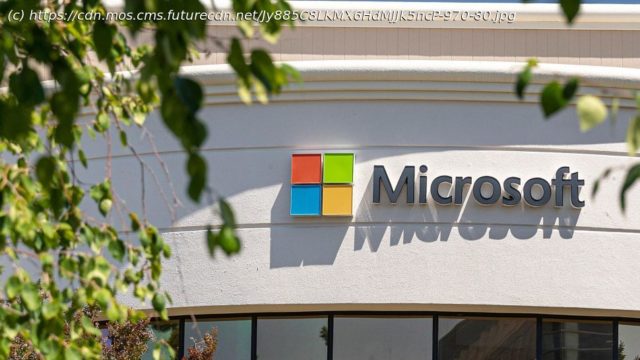Anonymous Sudan claims to be selling Microsoft data for $50,000
Cybercrime group Anonymous Sudan is selling data allegedly belonging to Microsoft, but the Redmond software giant is categorical, saying there had been no breach in its system.
Earlier this week, the threat actor that’s been engaged in multiple attacks against Microsoft announced “successfully hacking Microsoft” and stealing a “large database” with more than 30 million Microsoft accounts, emails, and passwords.
This database is now offered for sale, with the going price being $50,000. The group is saying it can be contacted via the Telegram bot, where the transaction can be completed.
To prove the authenticity of its claims, the group shared a data sample, and added a disclaimer that Microsoft would probably deny losing the data. The data sample, according to BleepingComputer, includes 100 credential pairs. However, the origin of the credentials cannot be verified. They could be from a different data breach, they could be old, or taken from a third-party, rather than Microsoft itself.
It seems that Anonymous Sudan got at least one thing right, as Microsoft categorically denied having been breached. In a statement given to the media, a spokesperson for the company said the data was probably aggregated from different other sources:
“At this time, our analysis of the data shows that this is not a legitimate claim and an aggregation of data,” BleepingComputer was told. “We have seen no evidence that our customer data has been accessed or compromised,” the spokesperson added.
For now, this is all Microsoft has had to say on the matter, so we don’t know if it’s investigating any further, or how it might react if Anonymous Sudan actually releases anything more concrete.Analysis: Why does it matter?
The database sale comes after Anonymous Sudan ran a few successful attacks against Microsoft.
Home
United States
USA — software Microsoft denies massive user data breach – here's all we know so...






